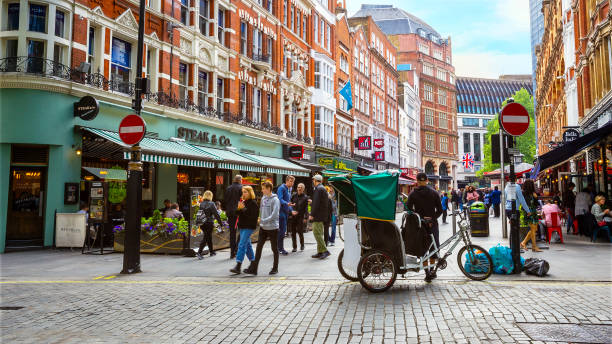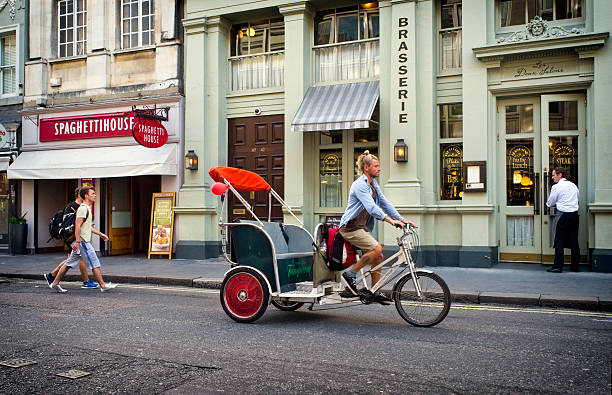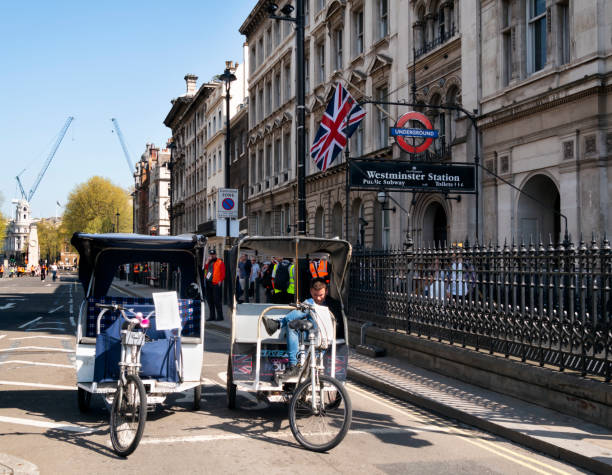Greetings from the Metropolis
Fellow Londoners, our vibrant city is abuzz with a compelling debate resonating through the hallowed halls of the Lords. At the heart of this discourse is the question of whether bicycles in London should be equipped with registration plates for heightened accountability and safety. Let’s navigate through the intricacies of this discussion.
Lord Hogan-Howe’s Bold Proposition
Enter Lord Hogan-Howe, a prominent figure from the Met Police, who ignited the conversation during a recent debate on pedicab regulations. His bold suggestion? Affixing number plates to bicycles to curb perceived dangers on our city’s streets. But why bicycles? And how does this connect with the regulation of pedicabs?
Extending Lessons: Parallels with Pedicab Regulation
Lord Hogan-Howe advocates for applying lessons learned from holding pedicab drivers accountable to the broader cyclist community. This notion has sparked a spectrum of reactions, ranging from support to skepticism among London’s diverse populace.
Pedicabs (London) Bill: Rectifying Anomalies
The impending Pedicabs (London) Bill, explained by Lord Davies of Gower, seeks to address a “long-standing anomaly” where pedicabs operate as the sole unregulated transport in London. From exorbitant fares to safety concerns, the bill aims to tackle a myriad of issues associated with unregulated pedicabs.
E-Scooters vs. Pedicabs: Lord Blencathra’s Stand
Former Tory minister Lord Blencathra challenges the urgency of the Pedicabs Bill, labeling it a “trivial little measure.” Instead, he directs attention to what he deems a more significant threat – e-scooters. Advocating for a ban and heightened penalties, Lord Blencathra emphasizes the need for addressing disruptive behavior, despite supporting the essence of the Pedicabs Bill.
Objectives Unveiled: Transport Minister’s Insights
Transport minister Lord Davies sheds light on the bill’s objectives, unveiling a comprehensive licensing regime for pedicabs, operators, and drivers. The proposed regulations span safety standards, driver vetting, fares, insurance, and various other critical aspects. This, according to Lord Davies, equips Transport for London with tools to combat antisocial and unsafe behaviors within the pedicab sector.
Cross-Party Support: Baroness Stowell’s Concerns
Tory peer Baroness Stowell of Beeston lends her support to the Pedicabs Bill, emphasizing pressing issues like the lack of insurance, criminal record checks, and the unchecked congregations of pedicabs. She underscores the disturbances caused by pedicabs, ranging from reckless driving to rip-offs targeting tourists.

Skepticism and Priorities: Baroness Randerson’s Perspective
Liberal Democrat peer Baroness Randerson questions the government’s priorities, expressing mystification at the bill being a top concern. She urges attention towards the neglected railway system and a dire need for electric scooter regulation.
Labour’s Critique: Lord Liddle on Regulatory Reforms
Acknowledging the bill’s attempt to fix a longstanding legal loophole, Labour frontbencher Lord Liddle criticizes the government for sidestepping broader transport reforms promised in a Great British Rail initiative. He deems the absence of a more wide-ranging bill a “great disappointment.”
Navigating London’s Crossroads
As Londoners, we stand at the intersection of a crucial dialogue. Should we embrace license plates on bicycles as a necessary step towards accountability, or should we redirect our focus to other pressing issues like e-scooters and railway reform? The streets of London await an answer, echoing the diverse voices and opinions of our vibrant city.



